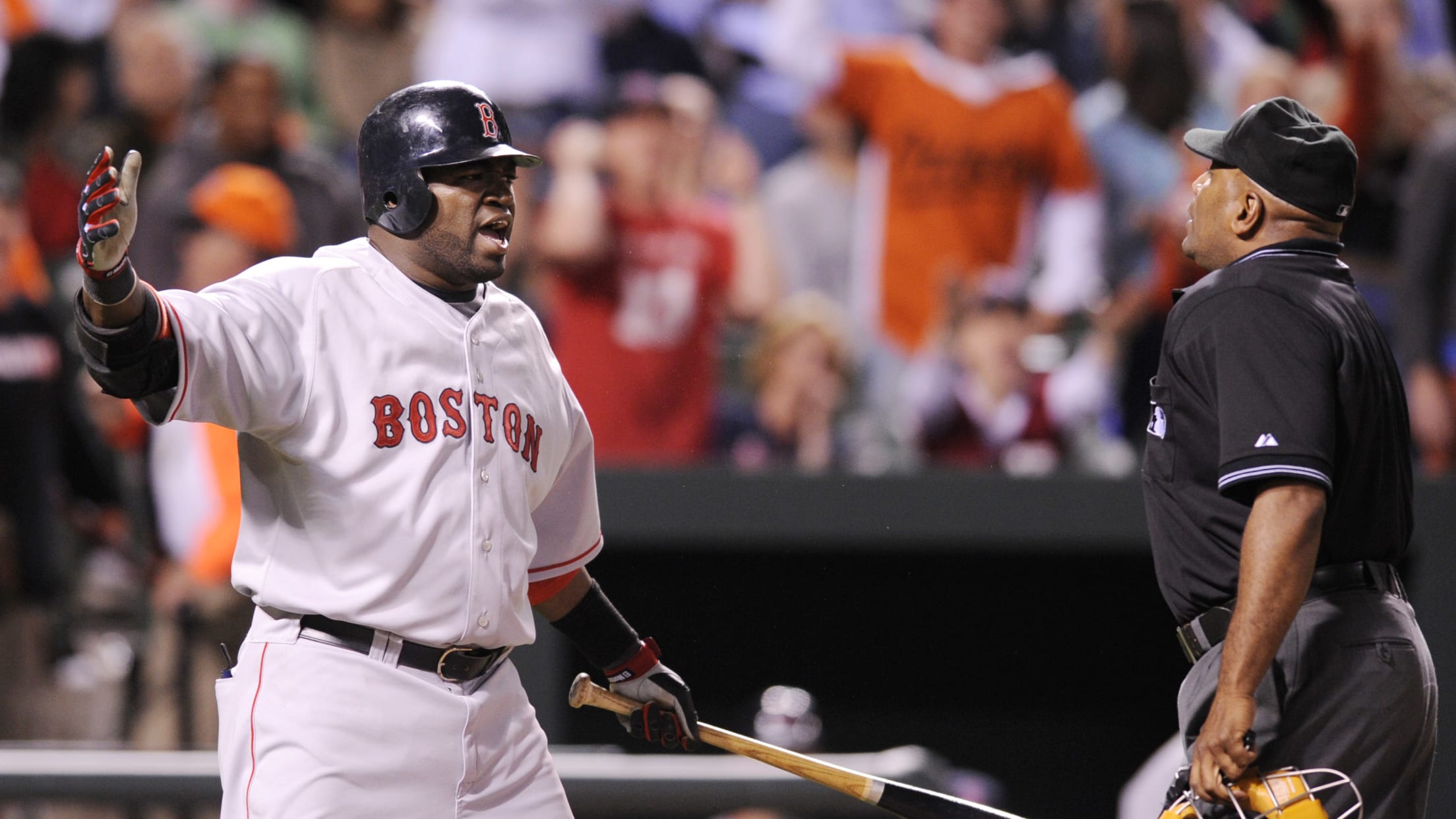Which is the more demanding job: Pitcher or catcher?
Which position is the toughest to play? You've probably argued among friends about this very question. And, probably, you landed somewhere around either pitcher or catcher.
But from there, it's a stalemate.
Eric Chesterton and Adrian Garro are here to break this stalemate and answer this question once and for all: Which position is harder to play, pitcher or catcher?
Pitching is the hardest job in baseball
by Eric Chesterton
You've been taught to say that baseball is a team sport where both success and failure are shared by everyone on the field. But, in your heart of hearts, you know it's a load of bunk. Why is that? Because, like everyone else, you've looked at the probable pitchers before each game and determined which team is likely to win based on that. Maybe it's subconscious, but you know deep down that it's the pitcher who decides the game.
Just look at the language we use about pitching. Pitchers are the ones assigned a win or a loss for their performance. However imperfect we now understand those statistics to be, language captures reality and the reality is that the pitchers are most responsible for the outcome.
One of the primary reasons for that is that it's easy to tell a good pitcher from a bad pitcher. From an early age, every fan knows to groan when a certain obviously bad reliever takes the mound. Just as
Think of the jobs in the world you know to be difficult. Teacher. Painter. Police officer. Doctor. In all of these professions, it doesn't take long for the lay person to identify the excellent from the crappy. Within a day of school, you knew which of your teachers were good and which weren't up to snuff.
Now, think of the jobs you know to be easy. Parking lot attendant. Investment banker. The guy who checks your ID at the gym. Blogger. What do they all have in common? Those who are good at these jobs are virtually indistinguishable from the bad to the average observer. The same thing goes for catchers.
As an exercise, watch a game started by your favorite team's ace and then a game started by its No. 5 starter. Follow that with a game with its starting catcher and then one with the backup. Now, tell me with a straight face the difference between
Catching is the hardest job in baseball
by Adrian Garro
Sure, pitchers must stand on the mound, blocking out all the stress and anxiety that goes along with … well, being the one guy on the field directly responsible when a hitter slugs a big home run.
But the catcher has the most responsibility of any player on the field, eclipsing even that of the pitcher. Being a catcher is the hardest job in baseball.
Right now, if you're able, get into a crouching position. It's not very comfortable, is it? Imagine doing it for nine innings (or more) in every game, while also having to maintain the focus necessary to catch floor-dropping offspeed pitches and sinkers in the dirt (or knuckleballs, if you're that unlucky). Now, keep in mind that it's also your job to prevent opposing players from running however and whenever they want on the basepaths.
Oh, and you also have to relay messages from the coaches in the dugout to the rest of the infield, run up to first or third base to back up throws from infielders and call the pitches your pitcher will be heaving up to you from 90 feet away (unless you're catching one of those wily veterans who calls his own game, in which case good for you!). You're also required to make plays on defense, too.
It's a lot of pressure, and I'm not just talking about the knees.
But the knees, too, man. Ouch. Mine hurt just thinking about it, but your favorite team's top catcher will be assuming that position nearly every game in the upcoming season, health-permitting.
Some catchers are also expected to hit -- and hit in key parts of the lineup, too! You know how you often see a catcher jog back to the dugout, remove his extra pounds of protective gear, grab a batting helmet and go get ready for a trip to the plate? He does that multiple times per game, and even sometimes when he doesn't come to bat in an inning! He's just doing more work for the sake of being ready just in case.
That's a lot of repetitive motion over and over, lumbering around in pads and guards and a catcher's mask, sometimes on the off-chance the lineup turns over and his spot comes up again.
Pitchers, meanwhile, might have to hit or bunt once or twice in a game, if you're playing in the National League. Otherwise, they have a date with the dugout bench and the pitching coach between innings, but nothing nearly as rigorous as what the catcher must do over and over each game.
There's no denying that the pitcher and catcher play two crucial roles on the diamond. They're probably the two most important positions, after all.
But the catcher? He does it all, and then some. It's the hardest job on the baseball diamond.





